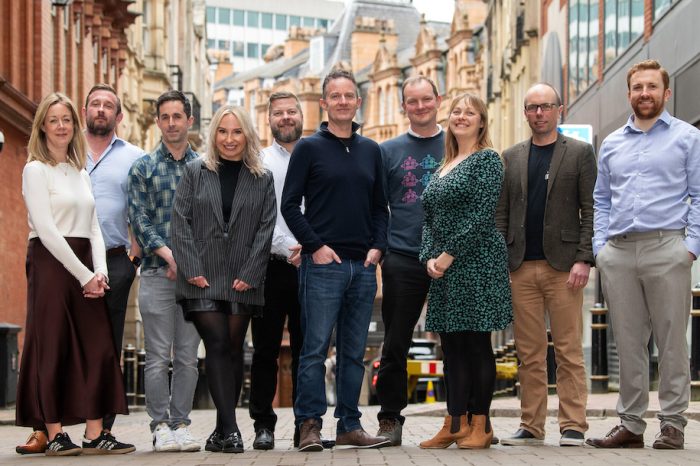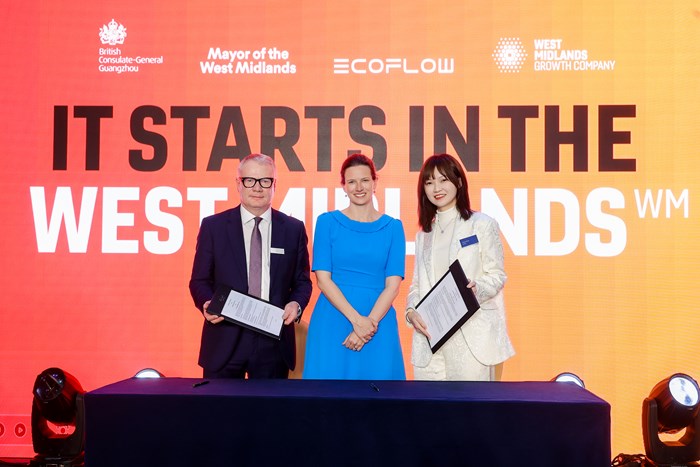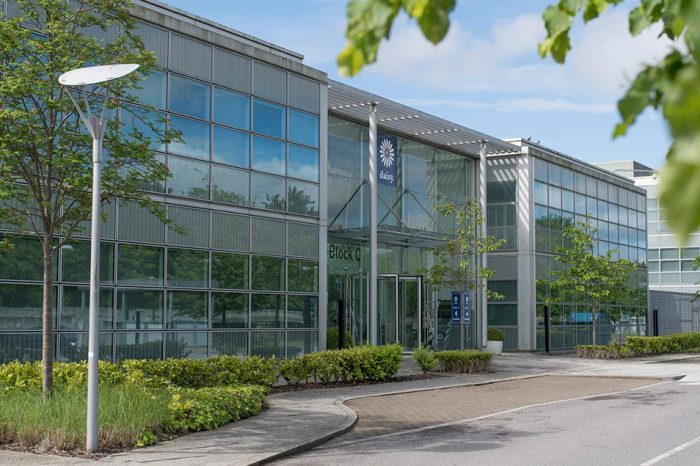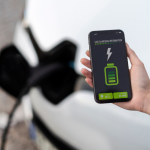Renewable Metals forms partnership with recycling leader EMR
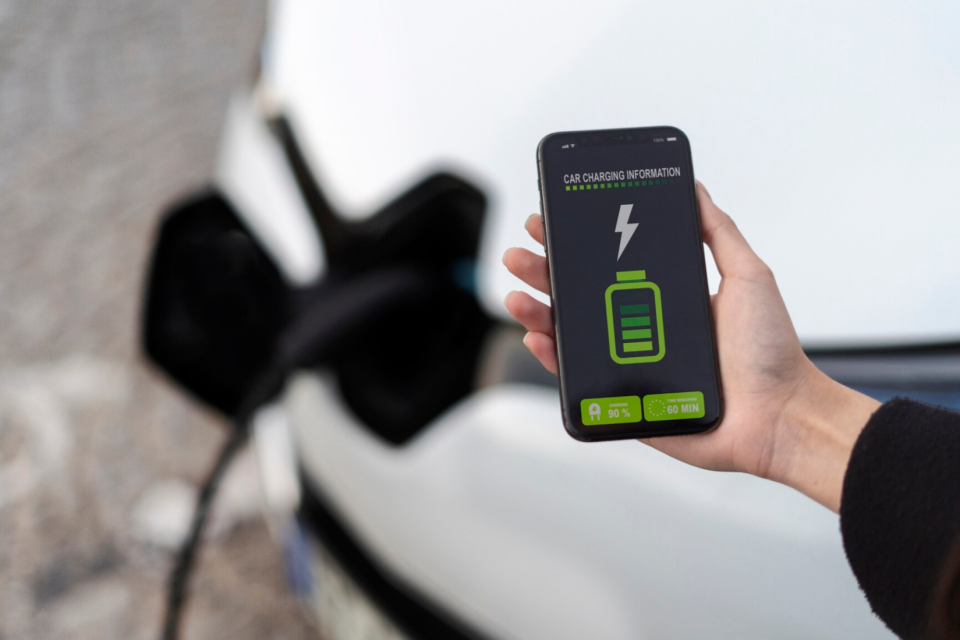
European Metal Recycling (EMR), the UK’s foremost recycler of end-of-life vehicles, has unveiled plans to establish a pilot electric vehicle (EV) battery recycling facility in Birmingham. This development comes as part of its partial acquisition of Renewable Metals.
Annually, EMR processes 10 million tonnes of waste, ranging from beverage cans to oil rigs. These materials are transformed into over 200 types of new, sustainable raw materials through re-use, recycling, and recovery.
Renewable Metals, a specialist in EV battery shredding and refining of crucial minerals, has engineered a recycling method that simplifies the traditional processes for lithium-ion batteries.
Based in Perth, the firm employs an alkaline leaching technique that bypasses the initial crushing of battery cells into black mass. This method not only achieves higher recovery rates without generating sodium sulfate but also copes more effectively with the chemical diversity found in end-of-life lithium-ion batteries.
The process involves two main stages: shredding discharged battery modules and refining them to produce nickel and copper of London Metal Exchange (LME) grade, along with cobalt, lithium, and manganese salts. These products can be directly reintegrated into the battery supply chain.
Luan Atkinson, CEO of Renewable Metals, commented that the partnership with EMR, following an $8 million seed funding round last year, will advance the scaling and commercialisation of their innovative technology.
“The company is excited to have the opportunity to demonstrate the cost and environmental advantages of its technology at a larger scale,” she said.
Although the financial specifics of the agreement are undisclosed, EMR has confirmed it has obtained a “significant” share in Renewable Metals and plans to implement the company’s pioneering technology as part of its strategy to enhance lithium-ion battery recycling within the UK.
Roger Morton, Managing Director of Technology and Innovation at EMR, stated that Renewable Metals is globally recognised for its excellence in EV battery recycling. He added that this investment aligns with EMR’s international strategy to provide more sustainable materials to the automotive industry across the UK and Europe.
“Renewable Metals’ technology is a highly cost-effective and scalable solution which fits into our broader long-term global strategy for this market, where we are actively developing multiple new collaborations,” he said.
EMR will supply end-of-life batteries to the pilot-scale plant, which has already received the necessary permits to recycle automotive battery packs. The facility will handle a variety of lithium-ion batteries, including those from automobiles, e-mobility devices (such as e-bikes and e-scooters), and batteries from industrial, domestic, and portable sources.
EMR has highlighted that the technology employed at this plant will offer a more environmentally friendly solution for recovering materials from lithium-ion batteries, substantially decreasing the amount of byproducts and the use of chemicals in the process.
The new facility is scheduled to become operational in the first half of 2025.


